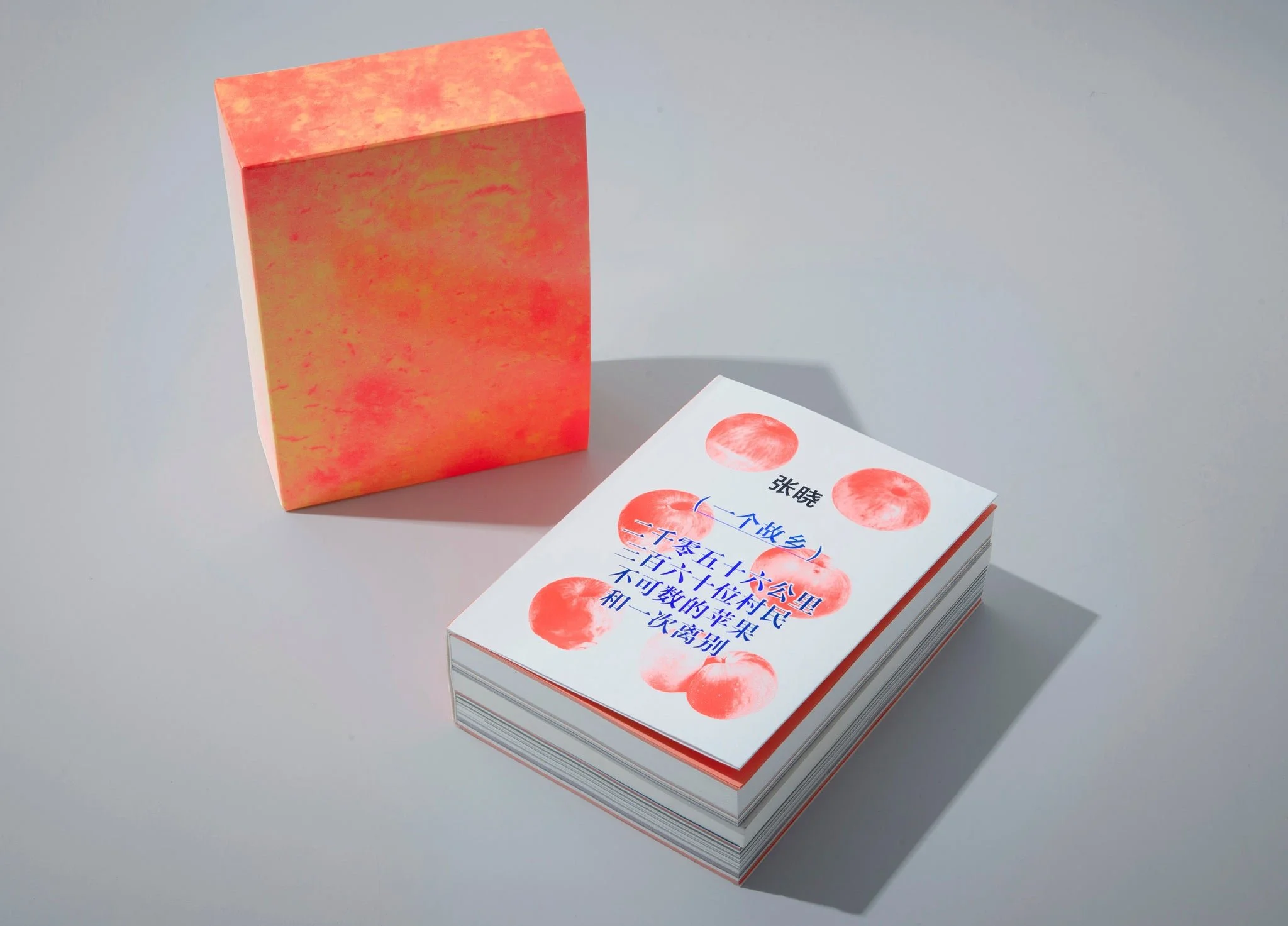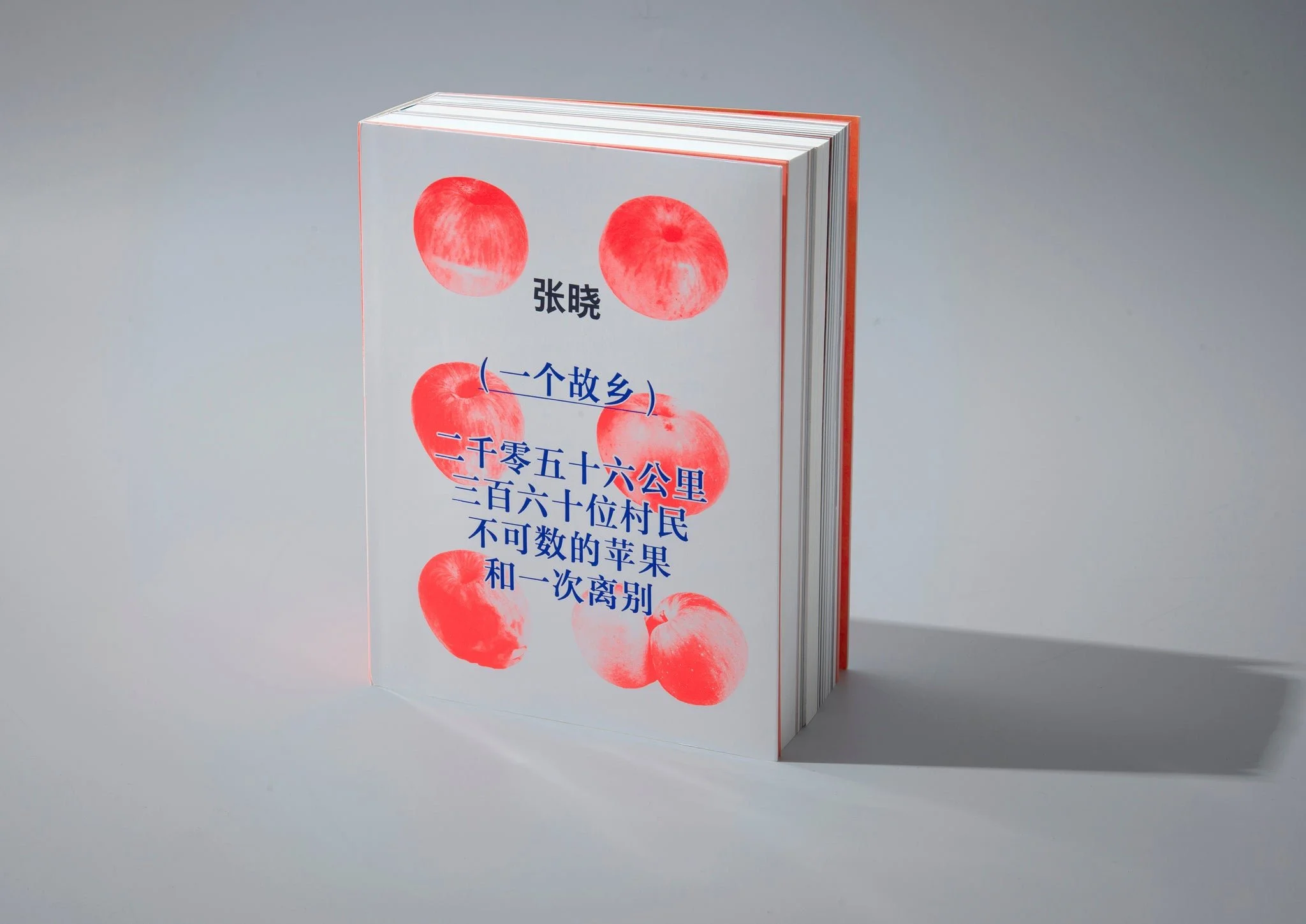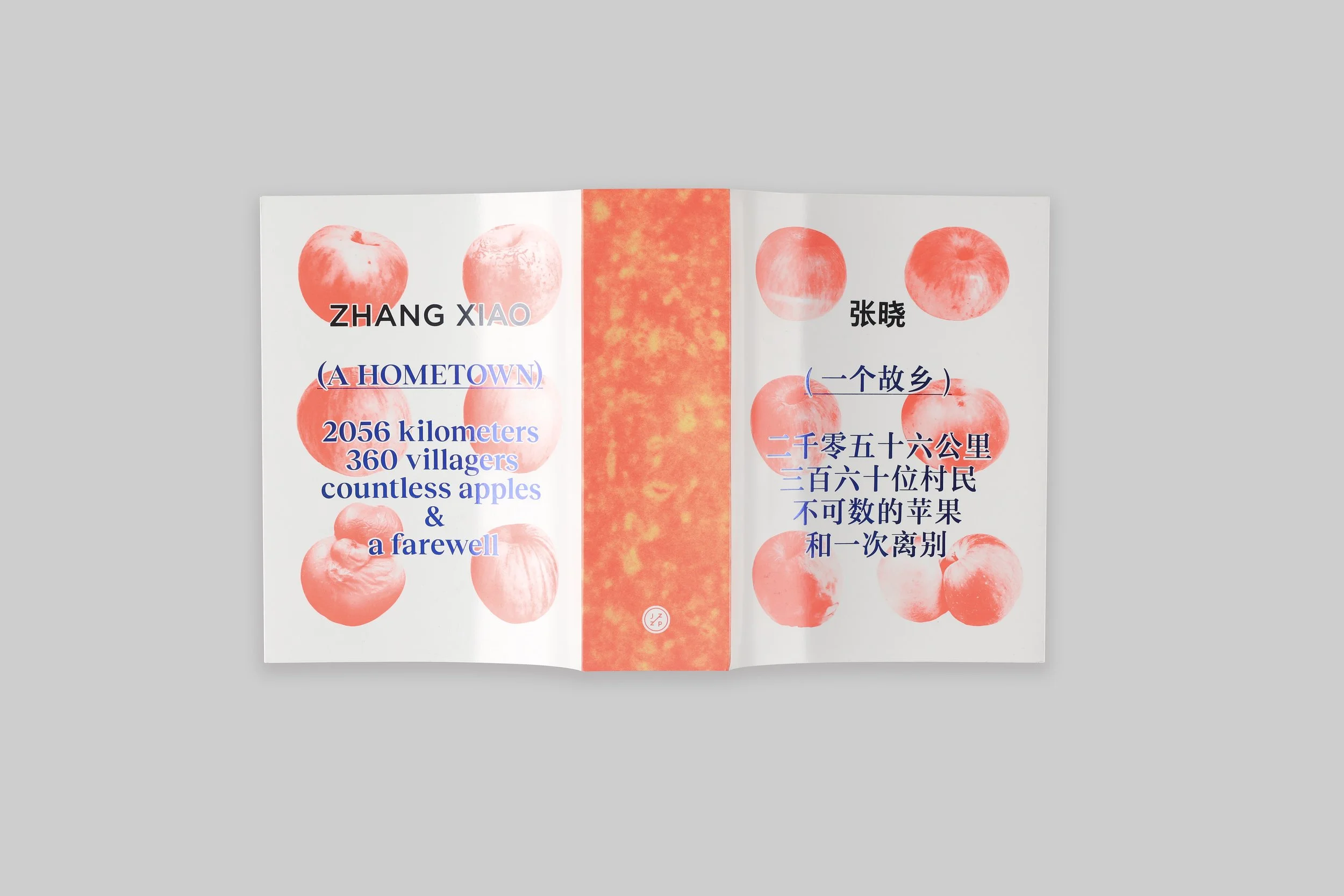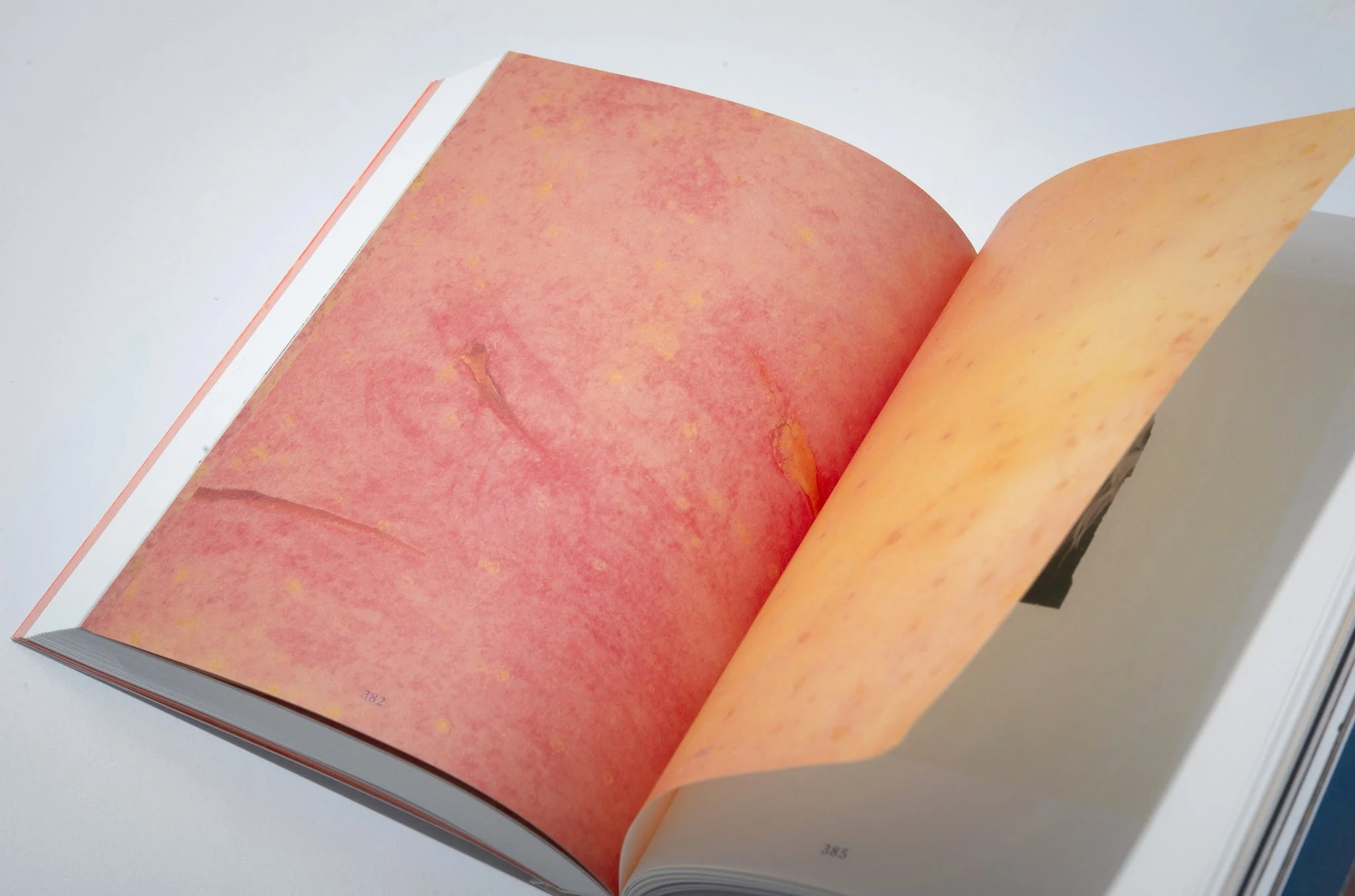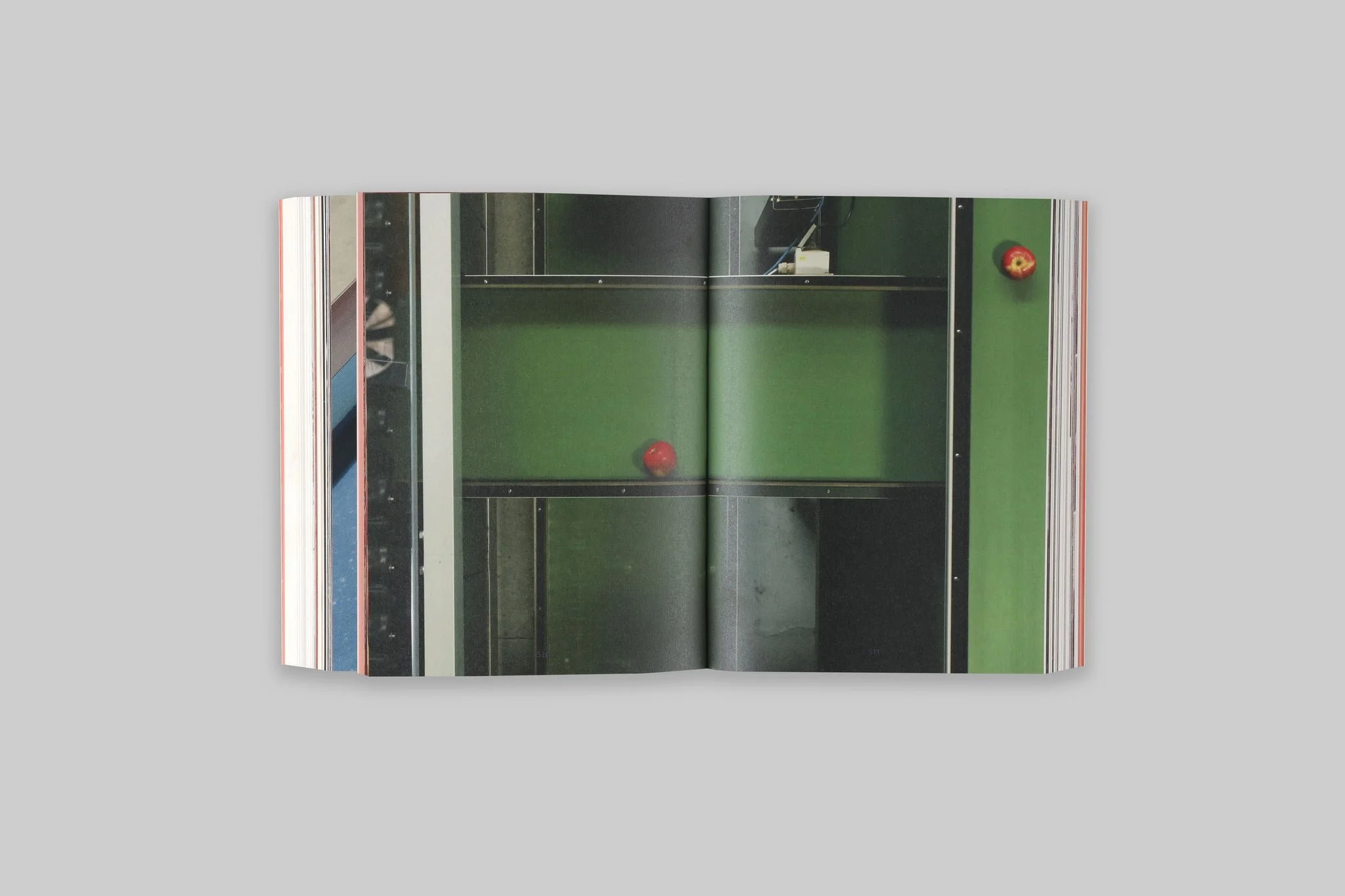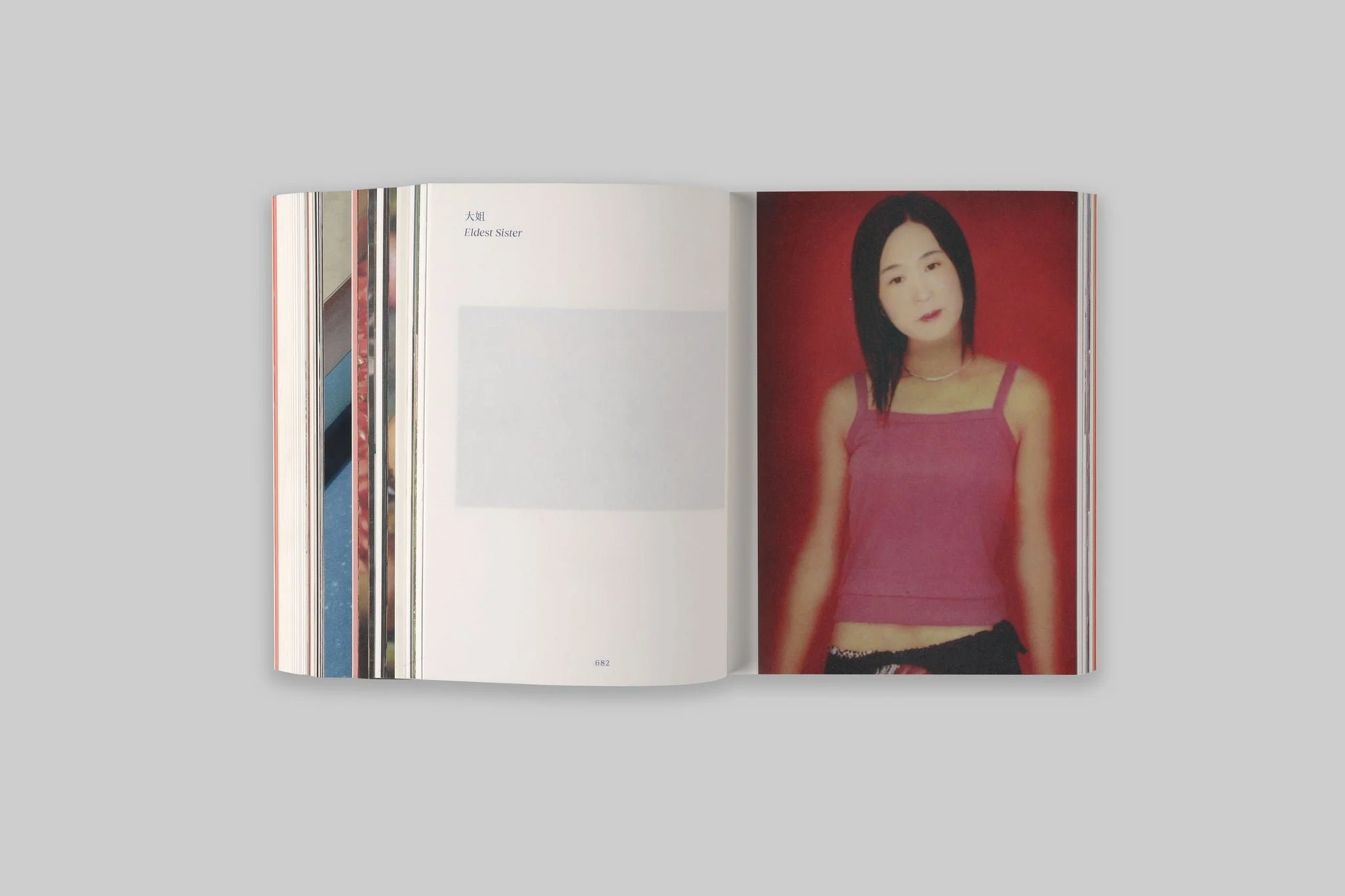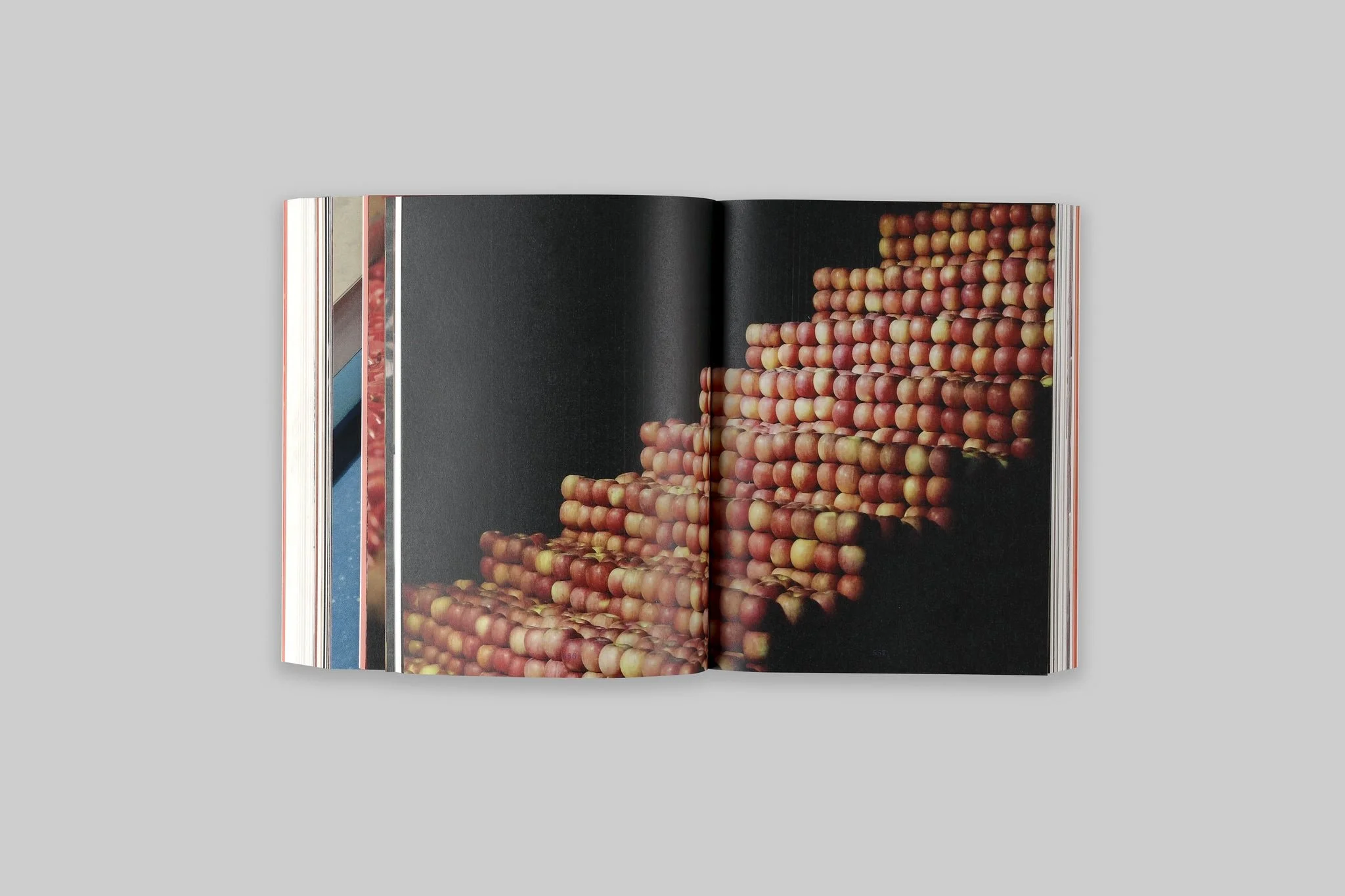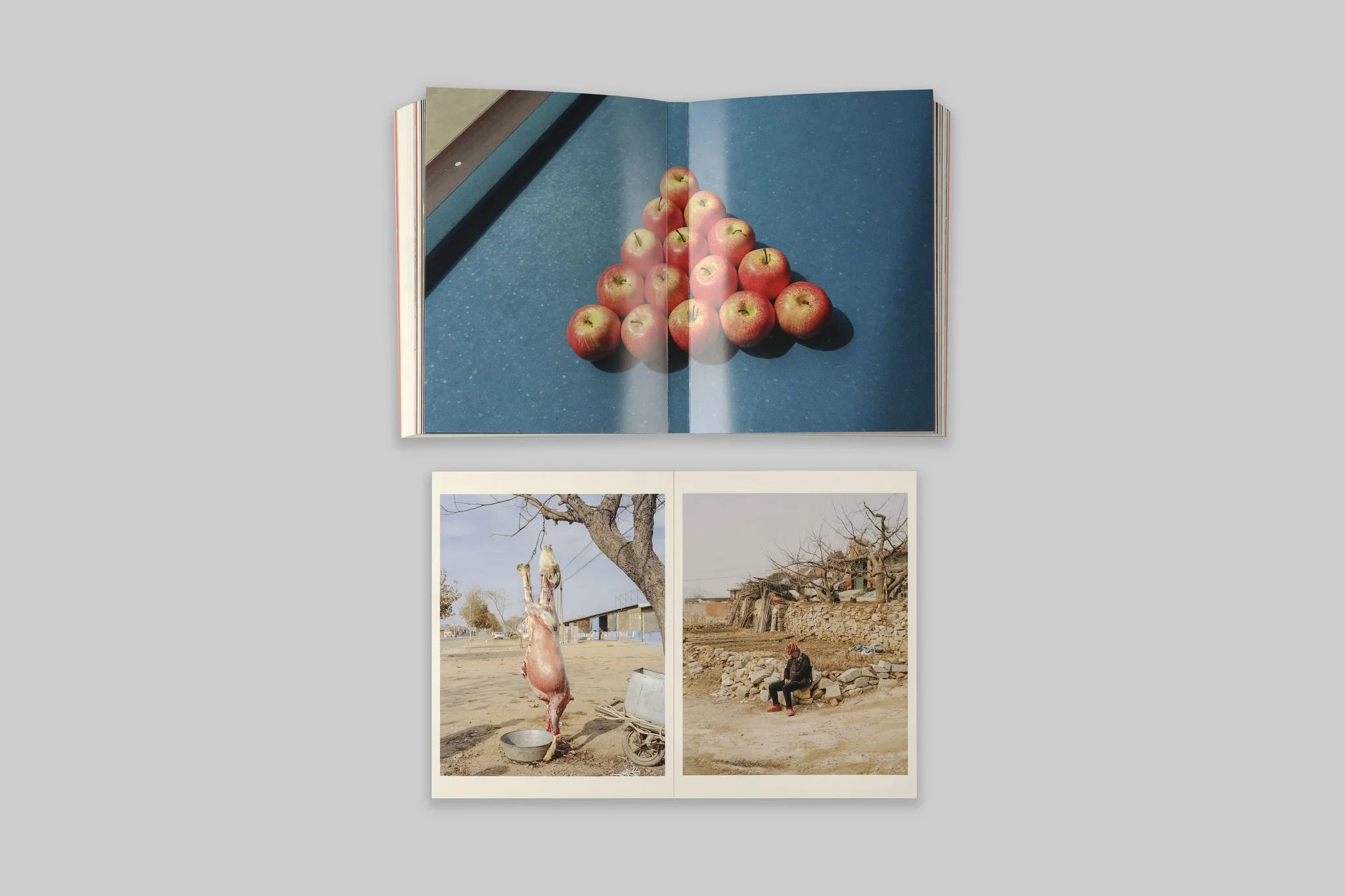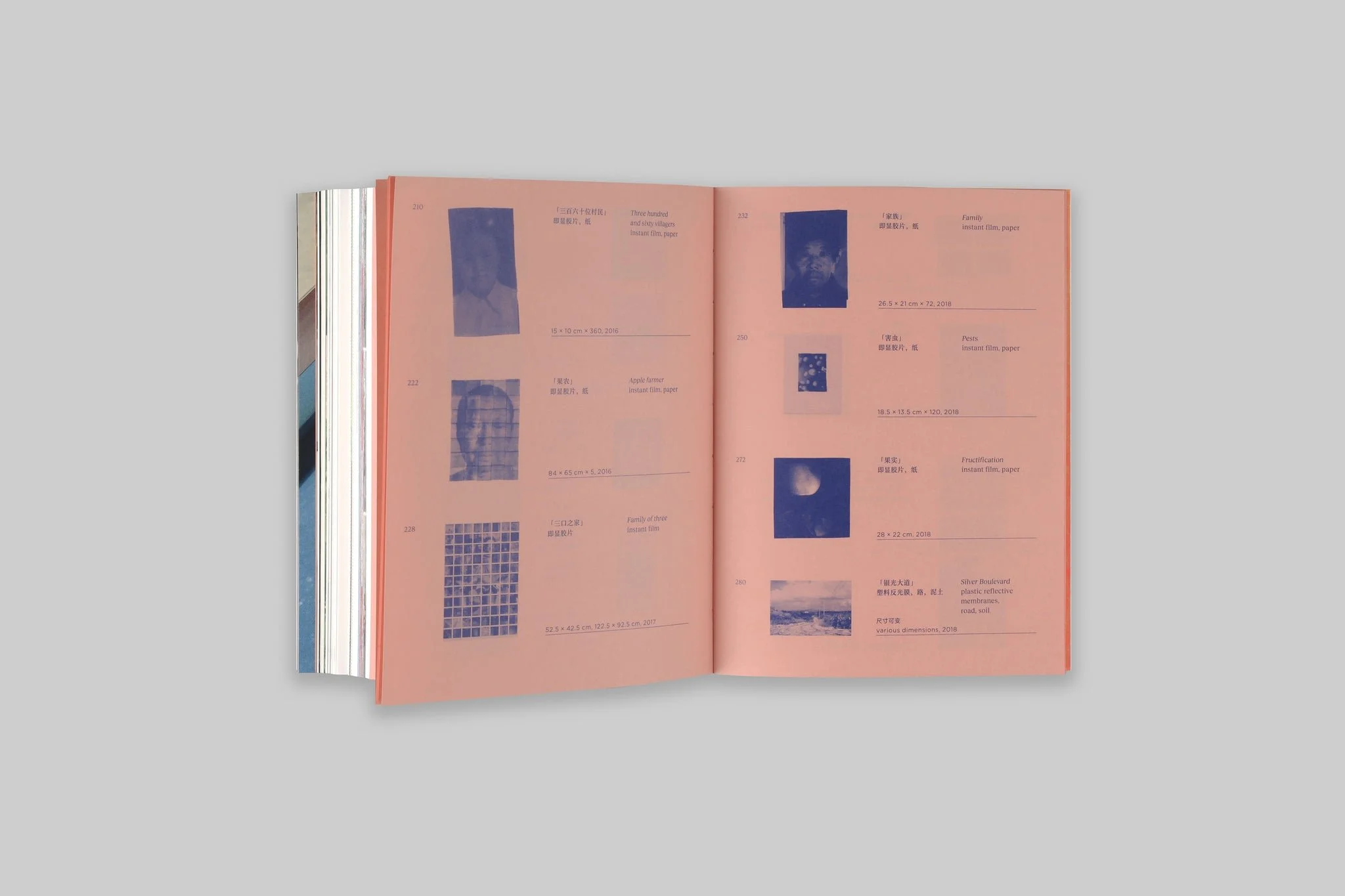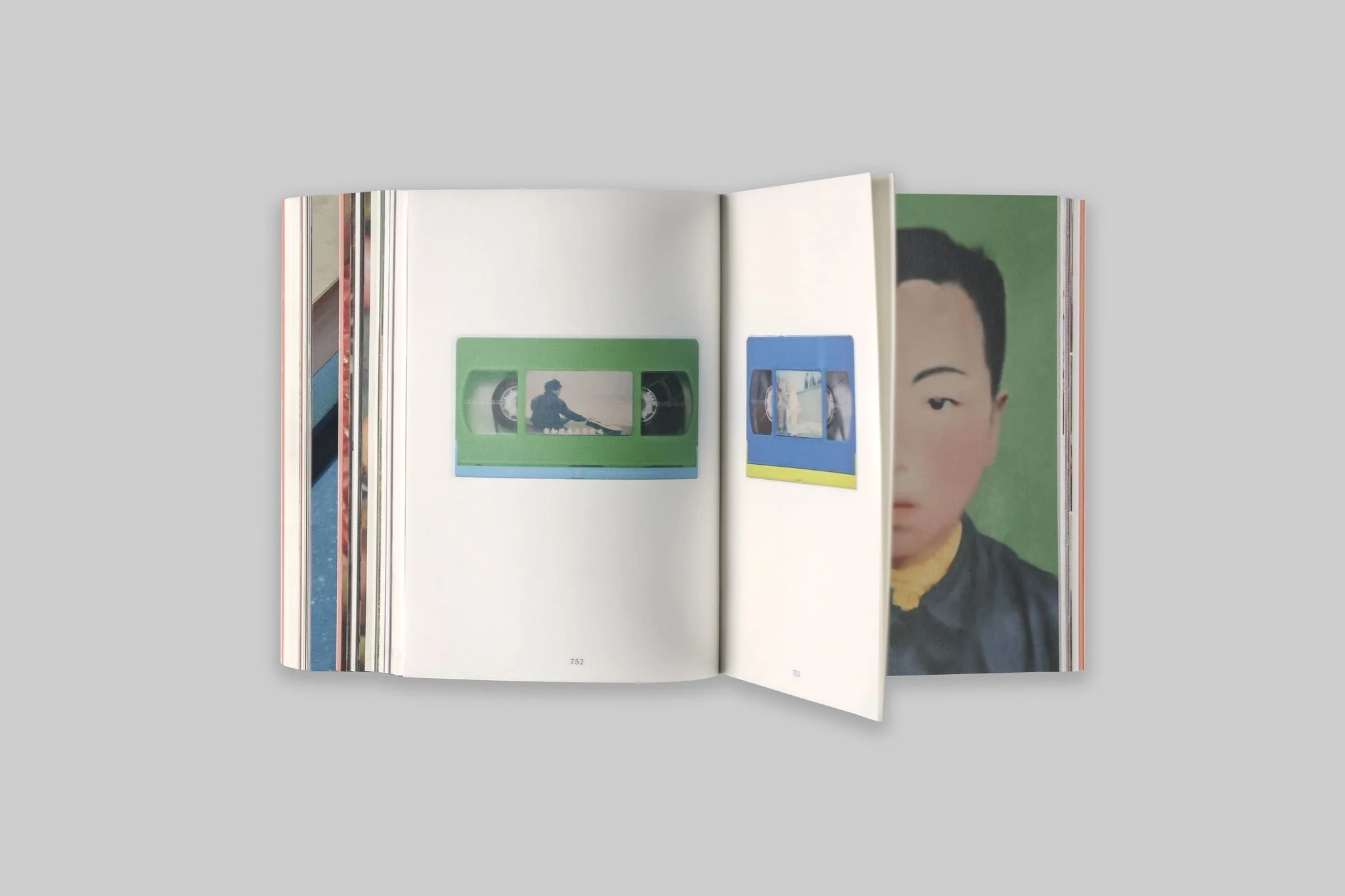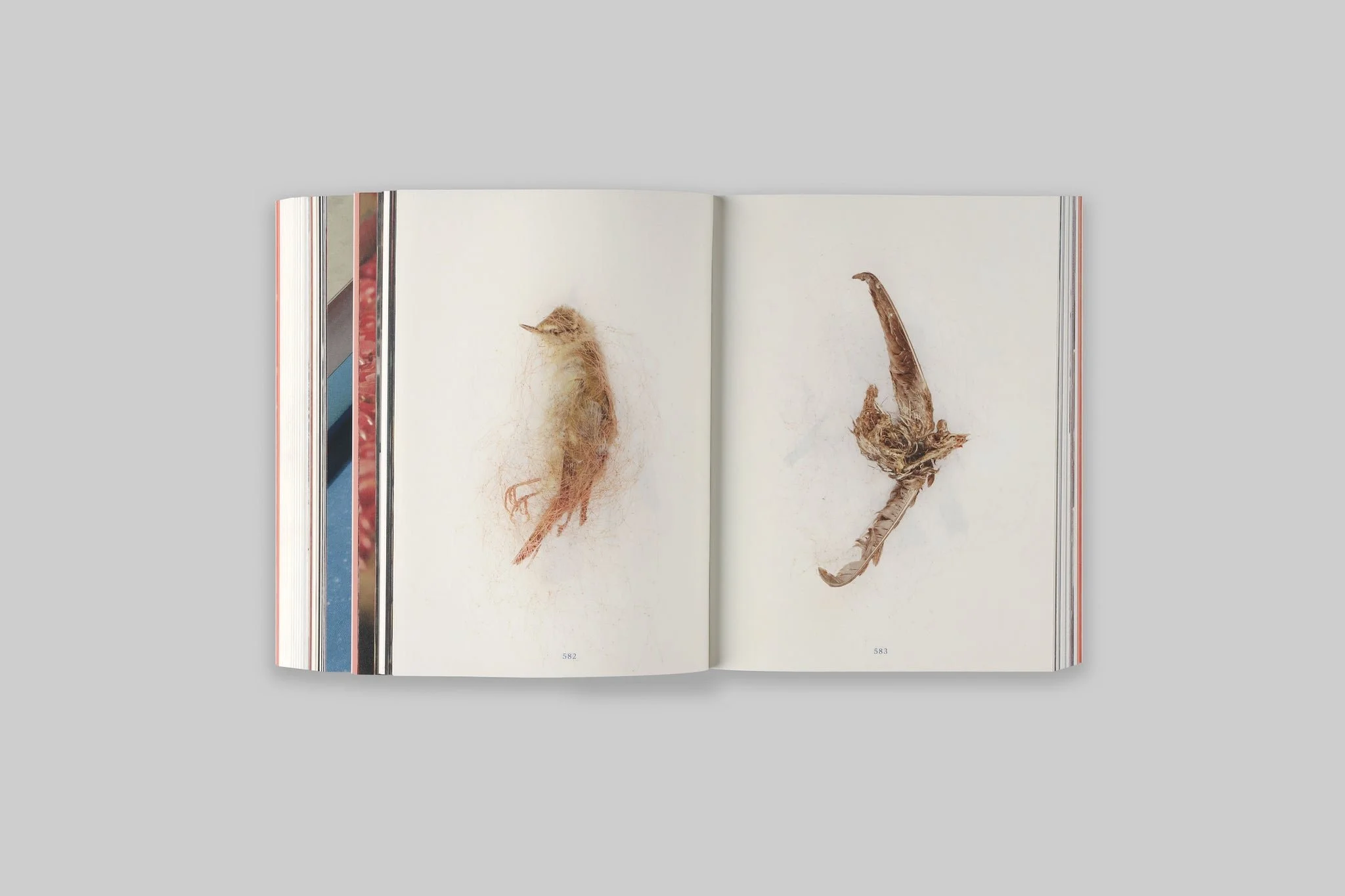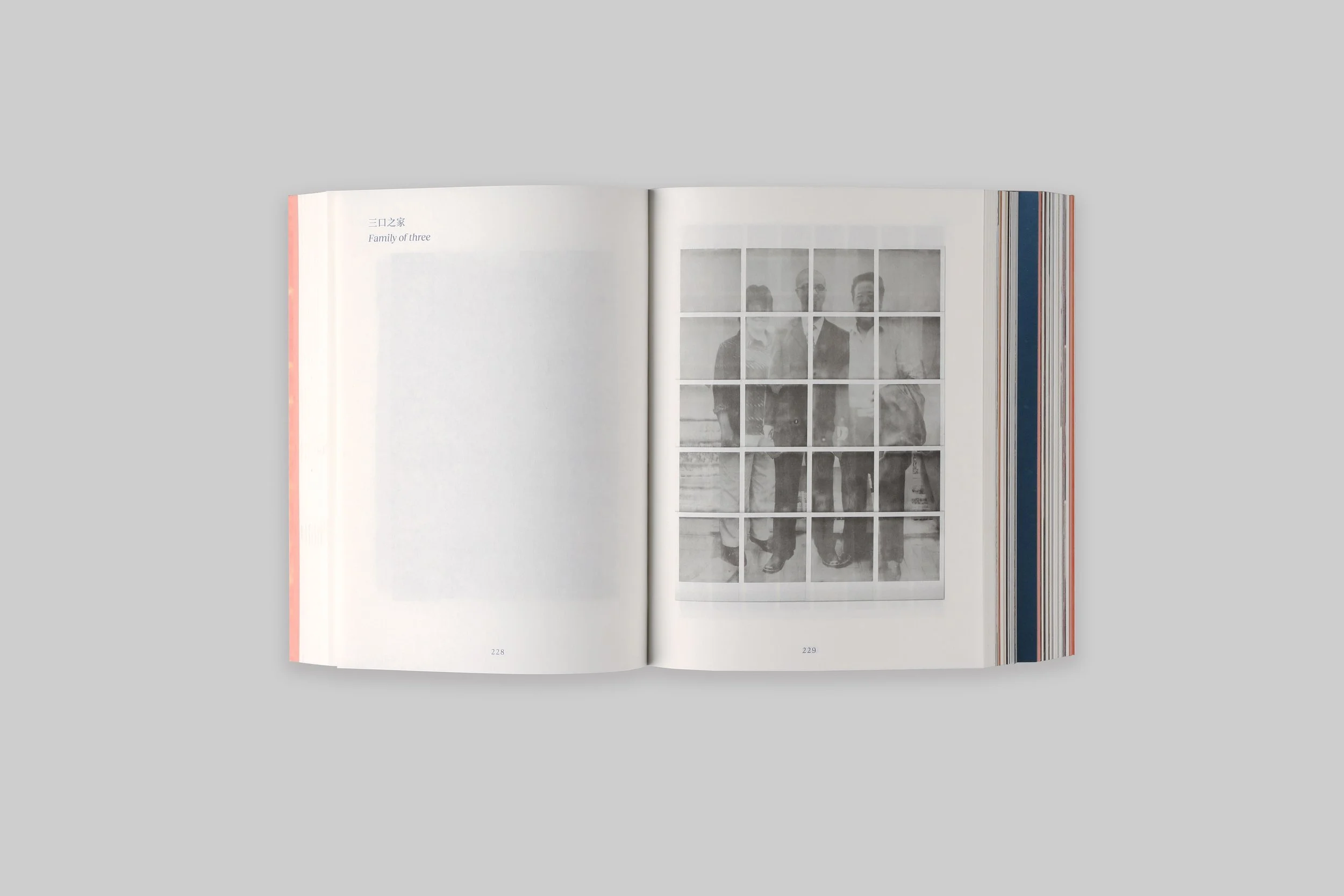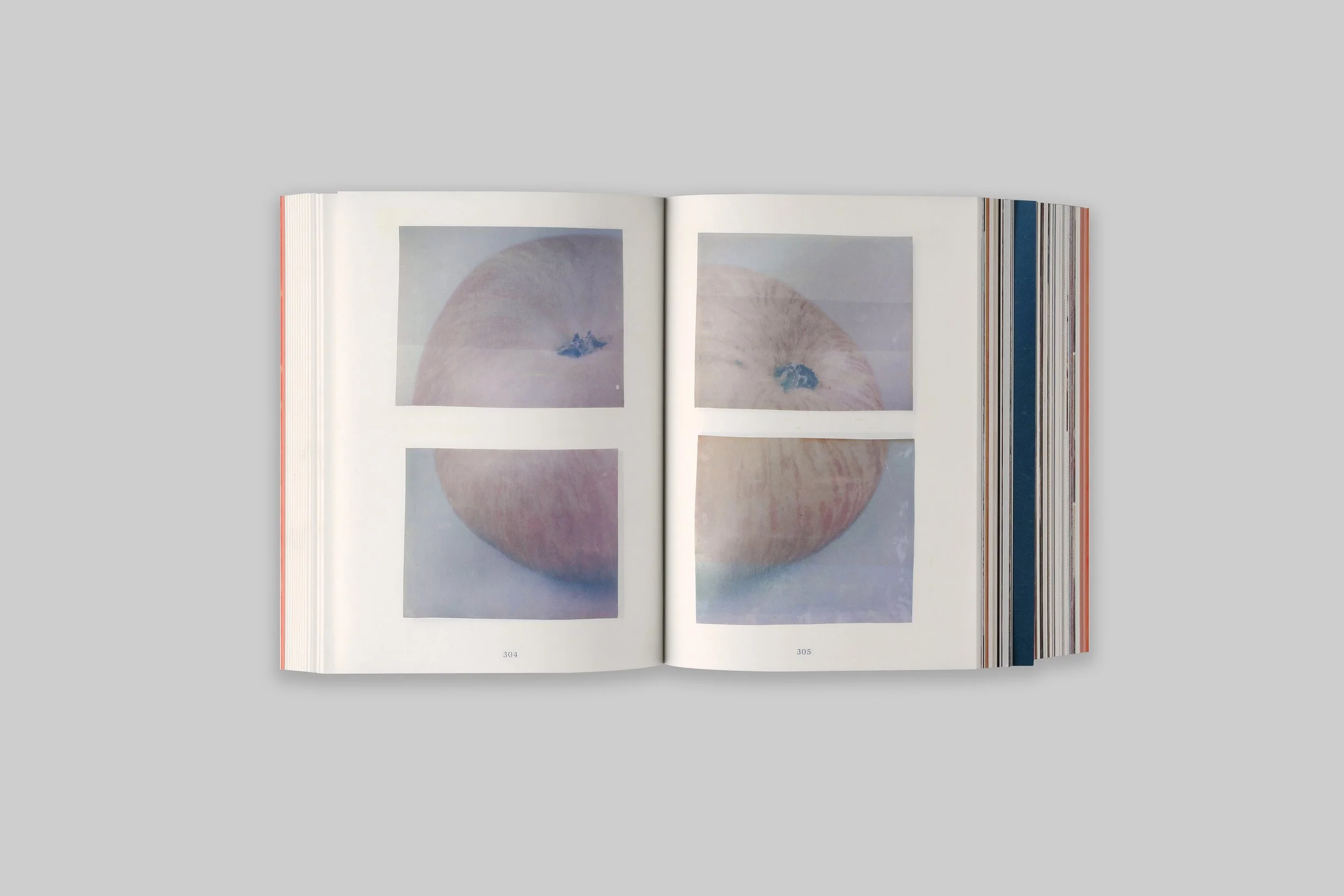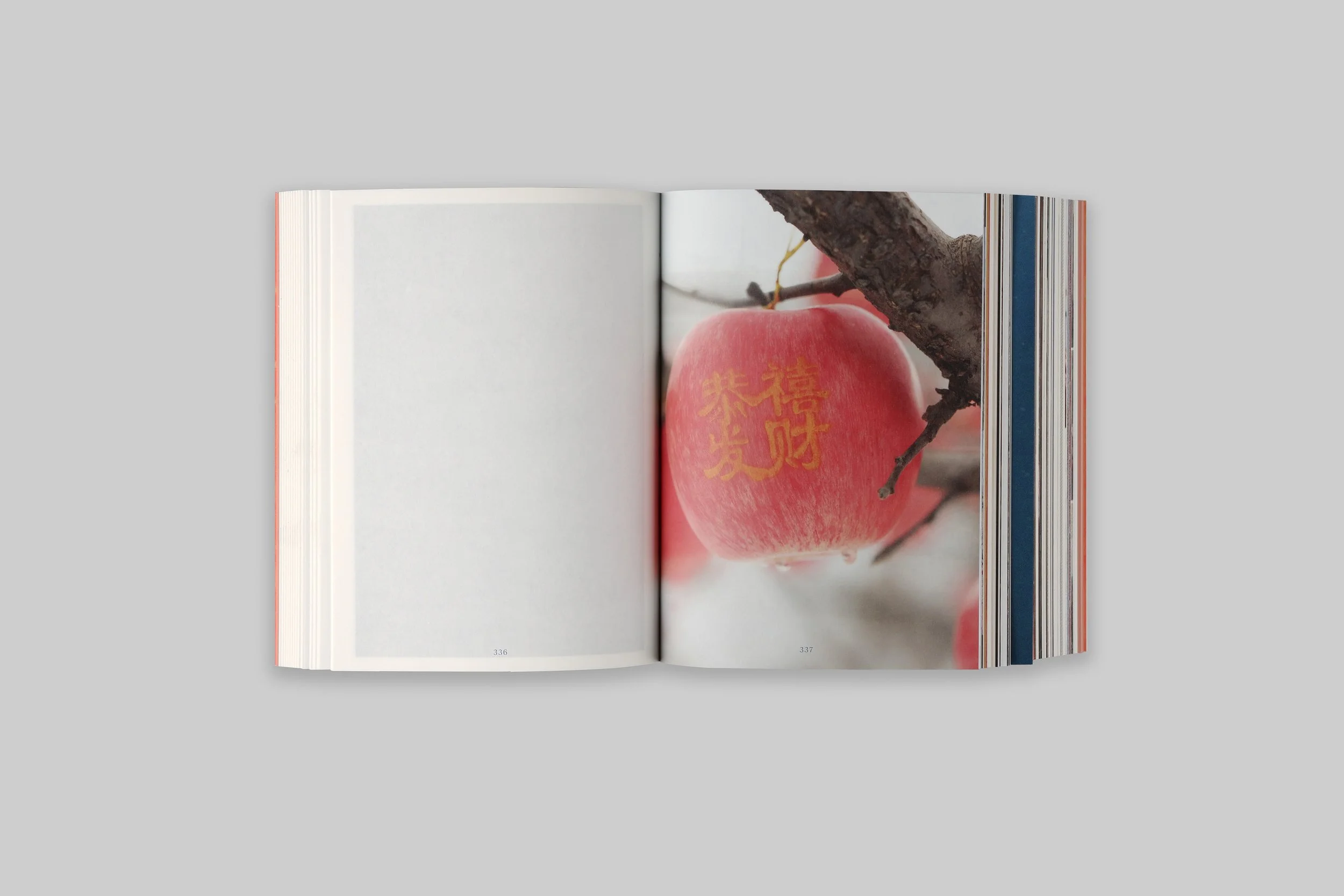Photo-book: A Hometown 一個故鄉 | Zhang Xiao 張曉
Photo-book: A Hometown 一個故鄉 | Zhang Xiao 張曉
Author: Zhang Xiao
Published by Jiazazhi, China 2021
Regular Edition
Size: 135mm × 180mm × 60 mm
Soft cover
1112 pages, 1470 images, includes 4 articles and 1 interview
English and Chinese
ISBN: 978-4909442260
A Hometown: 2056 kilometers, 360 villagers, countless apples & a farewell
Since 2011, Zhang has shifted all his work to the hometown he knows best, a place closely associated with his growth and memory. At the beginning, he created a series of works through polaroid emulsion lift, as a metaphor for the process of tearing and repairing himself and his hometown, and through these collage images, to find a balance between memory and reality.
And the Zhang Xiao at that time, to the hometown, is more like a wandering kid in the village, aimlessly looking for the hometown "ruins" in the reflective coins. He dumped all the old stuff out of the old drawers of his house, rummaged through his relatives' old photo albums, roamed the photo studios hidden in the market, and even borrowed the village council's rural cooperative medical certificate for everyone in the village in order to get a portrait of all villagers.
In his work on hometown, Zhang Xiao quotes Fei Xiaotong in His work Rural China : "Every specific living group has its special language, and there are many words and phrases that cannot be translated in other languages. These images of hometown are just some language that projects the complex relations in the local society into the flat consumption ideology and aesthetic logic."
During the research of his hometown, Zhang Xiao gradually built up, or rediscovered the rural "aesthetics" surrounding him at his early ages, that various kinds of visual perception, schema, text, color which is in compatible to the urban, fashionable, modern, however, to some extent, sources from people's imagination to the city, the authority and yearning of a better life .
In his scattered exploration of his hometown, the symbol "Apple" is of more significance to Zhang Xiao than other works. If all of Zhang Xiao's works about his hometown are spread out on a map, we will find that Zhang Xiao's works about apples, as if in the center of such a village, build an orchard. He said: "From the macro perspective of 'Them' and 'Coastline', to the return to my hometown, and then to Apple, my creation has a process from 'surface' to 'line', from 'line' to 'point'. After that, I hope to eliminate the geographical "dot" in my hometown and replace it with something more symbolic -- an apple.
About the artist:
Born in 1981 in Yantai city, Shandong province, China, Zhang Xiao graduated from the Department of Architecture and Design at Yantai University in 2005. He was a photojournalist for Chongqing Morning Post. Zhang won the Three Shadows Photography Award in 2010 with They series. He also received the second Hou Dengke Documentary Photography Award in 2009, The Photography Talent Award (France) in 2010 and the Prix HSBC pour la Photographie in 2011 with his Coastline series. In 2018, He won the Robert Gardner Fellow in Photography of Harvard University. Zhang currently lives and works in Chengdu city, Sichuan province, China.
一個故鄉:二千零六十五公里,三百六十位村民,不可數的蘋果和一次離別
從2011年開始,張曉將所有的工作都轉到了他最熟悉的故鄉,這個與他的成長和記憶密切相關的地方。最早他通過寶利來的移膜工藝創作了一系列作品,藉此隱喻自己與故鄉的撕裂了又重新修復的過程。通過這些拼貼的影像,去找到一個回憶與現實的平衡。
而彼時的張曉,對於故鄉,更像是一個遊蕩在台上村的孩童,漫無目地尋撿著故鄉“廢墟”中反光的硬幣。他翻箱倒櫃地傾倒出家裡舊抽屜的所有老物件,翻著親戚家的舊相冊,閒逛於隱於集市中的照相館,甚至為了得到村里每個人的肖像而從村委會藉用了全村人的農村合作醫療證。
張曉在關於故鄉的作品之中引用了費孝通先生在《鄉土中國》中的話:“每個特定的生活團體中,必有他們的特殊語言,有許多別種語言所無法翻譯的字句。”而這些關於故鄉的圖像正是將鄉土社會中的複雜關係投射到平面化的消費意識形態與審美邏輯之下的某種語言。
在這樣對故鄉的翻閱之中,張曉逐漸構建起了,或是說重新發現了從小就充斥於他身邊的“鄉村美學”,那種與都市、摩登、現代性,格格不入卻某種程度上又承襲自人們對都市、權威的想像與美好生活的嚮往而產生的各種視覺觀感、圖式,文字、顏色搭配。
而在對故鄉的散點式的探索中,“蘋果”這個符號之於張曉的意義,必然也是比其他作品更加重要。如果將張曉關於故鄉的所有作品平鋪在地圖之上,我們會發現張曉關於蘋果的作品,彷彿在這樣一個村落的中心,構建起了一個果園。他如是說:“從《他們》,《海岸線》這樣宏觀視角之下的大範圍敘事,到回到故鄉,再到蘋果,我的創作有一個從“面”到“線”,從“線”再到“點”這樣的過程。在這之後我希望把故鄉的這個地理上的“點”也消解掉,用一個更加符號化的東西——蘋果去代替。”
關於藝術家:張曉
1981年出生於山東煙台,2005年畢業於菸台大學建築設計系。在2009年成為攝影藝術家之前,他曾於《重慶晨報》擔任新聞攝影記者。 2018年,張曉獲得哈佛大學羅伯特·加納德攝影基金。張曉的《海岸線》系列曾獲得法國匯豐銀行攝影獎(2011)、法國才華攝影基金中國區冠軍(2010)及候登科攝影獎(2009),《他們》系列則在2010年獲得三影堂攝影獎大獎。現工作生活於成都。

